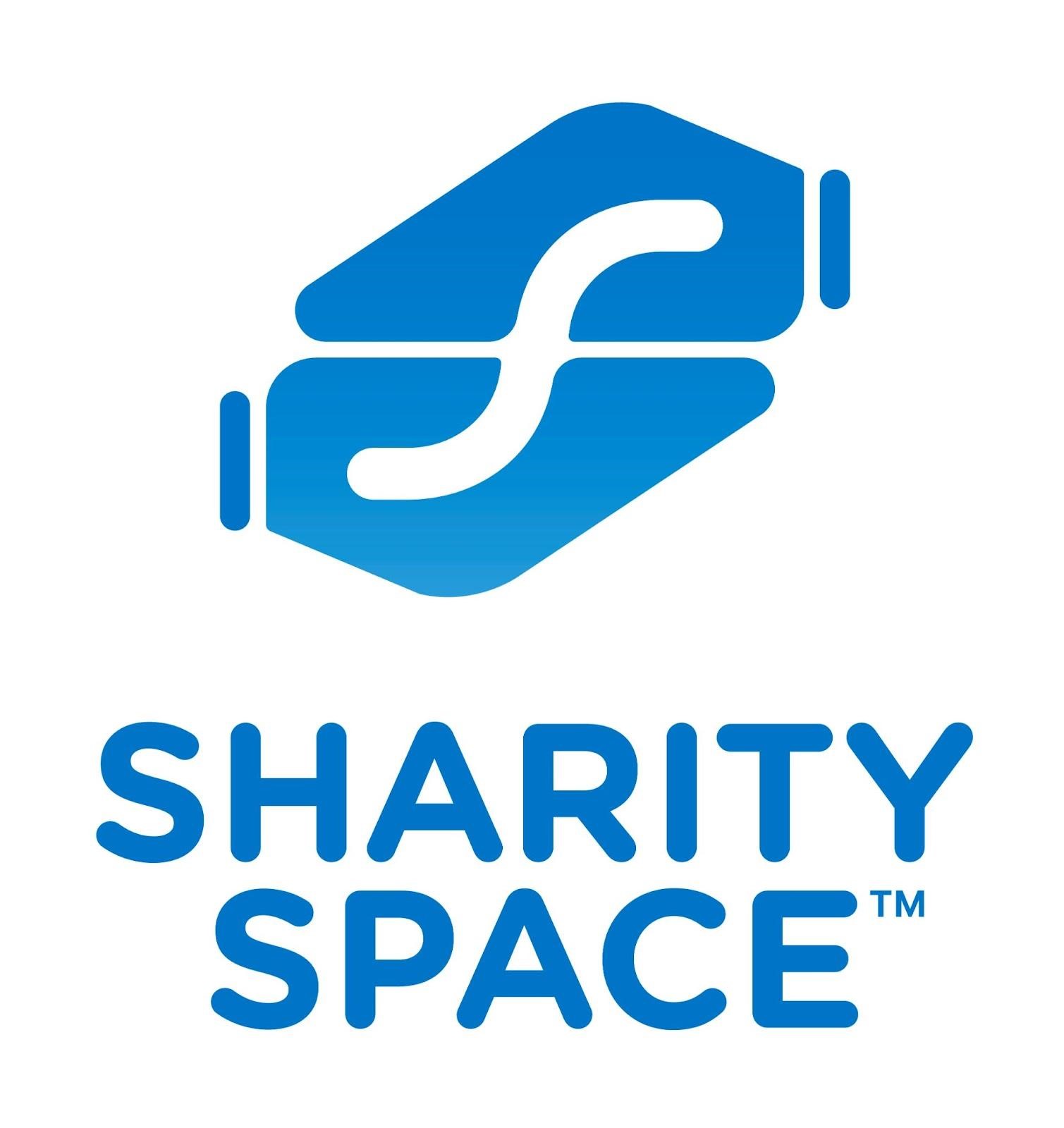
The Santa Monica-based for-profit social enterprise SharitySpace(™) is on a mission to revolutionize everyday donating by pioneering a checkout charity platform, offering unprecedented levels of transparency, engagement, and immediacy in giving back; igniting a new era of “Instant Philanthropy”(™).
SharitySpace(™) is powered by an advanced AI solution built and centered around beneficiary centricity, always putting an individual’s needs first. This approach leverages the power of community, to deliver unprecedented, personalized support to beneficiaries – always reaching them at the right moment with the right support.
Allowing a person in need to be proactive and seek help in a highly secure environment, SharitySpace(™) continuously optimizes the path to an individuals’ recovery and, for the first time, has the potential to scale this process in real time. This ensures that beneficiaries receive the most targeted and personalized support, without ever having to rely on intermediaries.
The secure environment of SharitySpace(™) also unlocks previously impossible levels of transparency for everyday donors. While providing a “GPS-inspired” path to recovery from economic hardship for beneficiaries on one end, SharitySpace(™) makes giving for everyday donors fully verifiable, giving them the option to track and understand the impact of each single contribution.
The US is facing a systemic crisis, with over 38 million people living below the poverty line. This impacts health and mental well-being, creating social isolation, widening educational gaps, and exacerbating structural and social inequality. With many charitable institutions working hard to fight adversity, it’s time that technology plays a much larger role in helping people on a daily basis.
Eric Lichtmess, a veteran in marketing communications, Founder and CEO of SharitySpace(™), shares these sentiments. The idea to leverage technology with an ethical mindset and apply instant gratification in retail for doing good, was something that had fascinated and inspired him for years. However, it wasn’t until a couple of fortuitous events—including meeting his technology partner Prasad Ram in 2021—that allowed him to embark on this transformative journey.
According to Lichtmess, the once-vital “everyday charitable system” has declined. While everyday donors are still highly engaged and ready to help, they have alarmingly become more reluctant about giving. While this may be partly caused by donors having to tighten their own finances, it is also due to increasing doubts stemming from limited insight about the use of donations – as well as rising donation scams in the digital space, especially on social media.
Amid this, the SharitySpace(™) team believes that sustainable long-term improvement can only be achieved when the needs and circumstances of each beneficiary are understood and prioritized, moving away from the traditional episodic and often detached support for people in need.
To achieve this, SharitySpace(™) is leveraging the advanced AI backbone of the for-profit social enterprise Gooru, which has been a pioneer in the e-learning space for over a decade. Prasad Ram, founder and CEO of Gooru and head of technology at SharitySpace(™), has shown how AI can support students in e-learning through unprecedented personalized learning structures. Gooru’s exceptional solution reaches over 8 million students globally.
Ram explains that the incorporation of AI and machine learning allows hyper-personalization of giving to unprecedented levels. Most charities today are focused on providing resources (that cannot be personalized) and making the process durable and highly efficient.
“The problem is that it was previously impossible to know every recipient closely. Donors and institutions can give an educated but rough guess of beneficiary needs. AI provides the ability to understand the beneficiary very comprehensively, including their complex needs, in particular, hygiene, food, education, health, and many others. It dynamically processes the data that we are getting about the beneficiaries, which further improves our understanding,” he adds.
According to Ram, another benefit of AI is that it securely gathers and analyzes data about recipients’ urgent needs and how this can translate into a path out of financial hardship. It comes up with recommendations about which contributions go to which person, allowing more efficient and equitable allocation of resources and predicting their future needs.
Partnering with mission aligned e-commerce retail partners, SharitySpace(™) will integrate the solution at checkout. The retailers will help pioneer the solution and enable seamless giving transactions and highly targeted and timely distribution.
According to Lichtmess and Ram, this system addresses multiple areas of support. SharitySpace’s(™) system is based on the power of community, always allowing donors to select beneficiaries, who are securely vetted by SharitySpace’s(™), in their local or preferred neighborhood. Within the platform, donors can follow the progress of any beneficiary they are supporting and select new ones at any time. Every step will be fully privacy-compliant and a safe user experience.
This guarantees that 100% of the donation will reach a beneficiary and is truly personalized to their needs. At the same time, our unique for-profit model allows us to reach profitability much faster than most start-ups. That will be a huge upside and time saver—not having to rely on continuous fundraising and seeking investment,” Envisioning and building SharitySpace(™) has been the most rewarding journey thus far, defined and guided by equal levels of innovation, compassion, collaboration, and creativity.”
“We are excited to embark on the next critical phase of identifying the right outside investors and strategic partners to allow us to launch and test the platform extensively. In particular, for retailers who are genuinely focused on evolving their CSR, SharitySpace(™) the will be a game-changer. Simultaneously, we are in the process of expanding our patents for future solutions in Retail POS and over the last year and a half, we’ve also developed a concept that introduces an advanced approach of donating within circular economy,” Lichtmess concludes.

